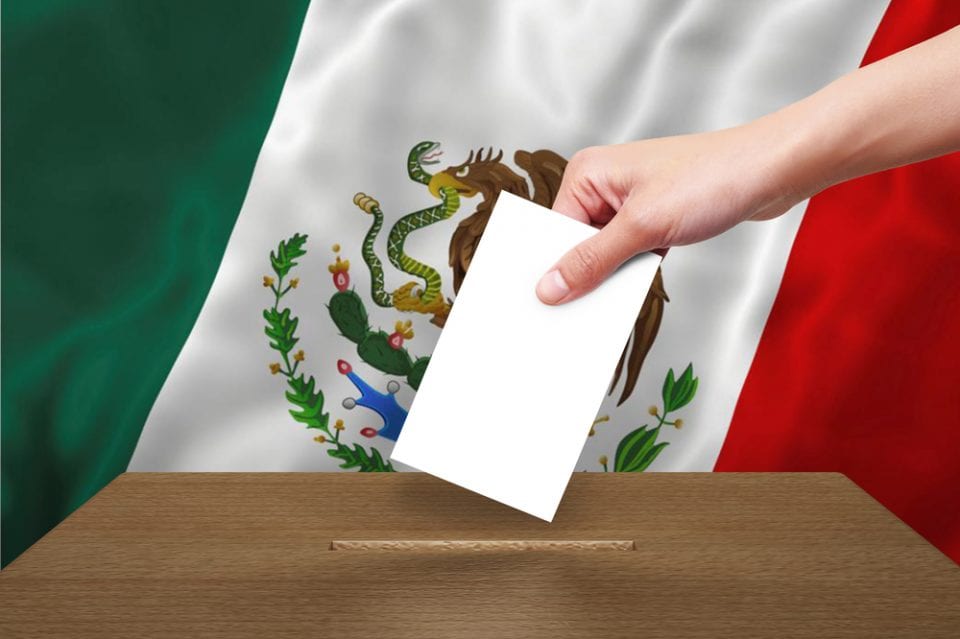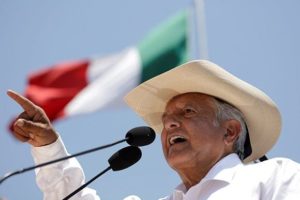
This year, the elections in Mexico took place against the backdrop of unprecedented social tension and extremely discontent of citizens by the current authorities. By the end of his presidential mandate, outgoing leader of the state Enrique Peña Nieto became highly unpopular with his own people. According to the latest opinion polls, the former president’s support rating was about 20%, although only a couple of years ago he “flaunted” on the cover of the “Times” magazine and seemed to personify the “Mexican hope for a brighter future”. However, these expectations were never to be justified, and it was not possible to eradicate the two most fundamental problems of Mexico – crime and corruption.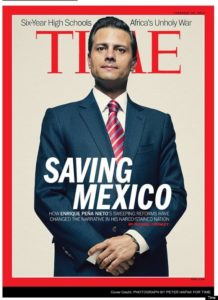
It is worth turning to facts and figures. By 2018, Mexico approached 25% more murders than compared to 2011. The election campaign, in turn, was also accompanied by a large-scale violence and a series of scandals. According to the well-known advisory bureau “Etellekt”, which deals with public policy research and analyzes social risks, more than 100 politicians were killed in this Latin American country from the beginning of September of 2017 to June of 2018, including 44 candidates for general elections in this year.
The Mexican government links the increase in the number of deaths with the intensification of drug crime and cartels, another “painful” problem of the country. In 2017 in Mexico, about 25 thousand people were killed, which is the worst figure in the history of the country. At the same time, of this number, only 7% of the total number of crimes reach investigation, and their disclosure is less than 2%.
Another important indicator is the corruption index at the state level, which for the last seven years (since 2011) has led Mexico from 100 to 135 place (out of 180). It is noteworthy that any tourist can take advantage of the opportunity to see the results of this huge fall: the capital of Mexico City is running a “corruption tour”, in which local guides tell travelers about places associated with bribery. According to official figures, about 80% of Mexicans consider corruption as the main problem of the state.
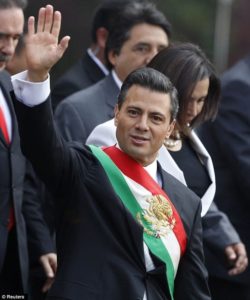
According to political analysts, the triumph of López Obrador means a radical change in Mexico’s political course by 180 degrees. This time, he became a candidate from the coalition “Together we will make history”, which includes the party “Morena”, “Labor Party” and the party “Social meeting”. In the near future, if the new leader of the country really plans to carry out serious reforms, he will have to win a majority vote in the national congress.
In addition to the acute security problem, the “energy” future is no less important. Thanks to the energy reform that was launched in Mexico in 2013, for the first time after almost 80 years of monopoly of the state-owned company “Pemex”, private and foreign investments were made in the energy sector. As part of this reform, the national energy system (“Pemex” and “CFE”) was able to enter into contracts with private companies. It should be noted that among the foreign “players” who are already successfully working in Mexico, the Russian company PJSC “Lukoil” and the “LetterOne” owned by the Russian businessman Mikhail Fridman “DEA Deutsche Erdoel”.
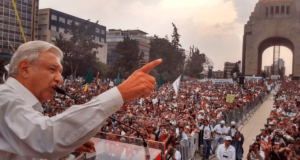
More questions are raised by the guidelines of Mexico’s new foreign policy. To date, López Obrador has not commented on the foreign policy vectors in detail, however, he has repeatedly stressed that foreign policy will be based on a strong domestic policy. According to a number of political researchers, the main vector of the foreign policy strategy will remain relations with the United States as Mexico’s largest trading partner.
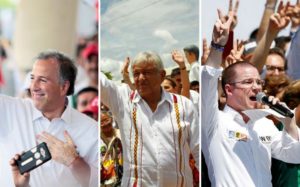
In the office of the Mexican President López Obrador will enter for six years from the 1st of December of 2018. And while a new Mexican leader in the Western press is called a left-wing populist, he himself positions himself as a protecting of the people. After all, in total, López Obrador managed to get more than 30 million votes out of 89.3 million registered voters. He almost “over” 17.5 million votes “overtook” the closest competitor Anaya. In the last week, the main international attention is focused on the statements of the victor of the Mexican elections, and, as numerous surveys show, almost every Mexican associates the coming to power of a representative of the “left” forces with the beginning of a new era in the modern history of Mexico.


